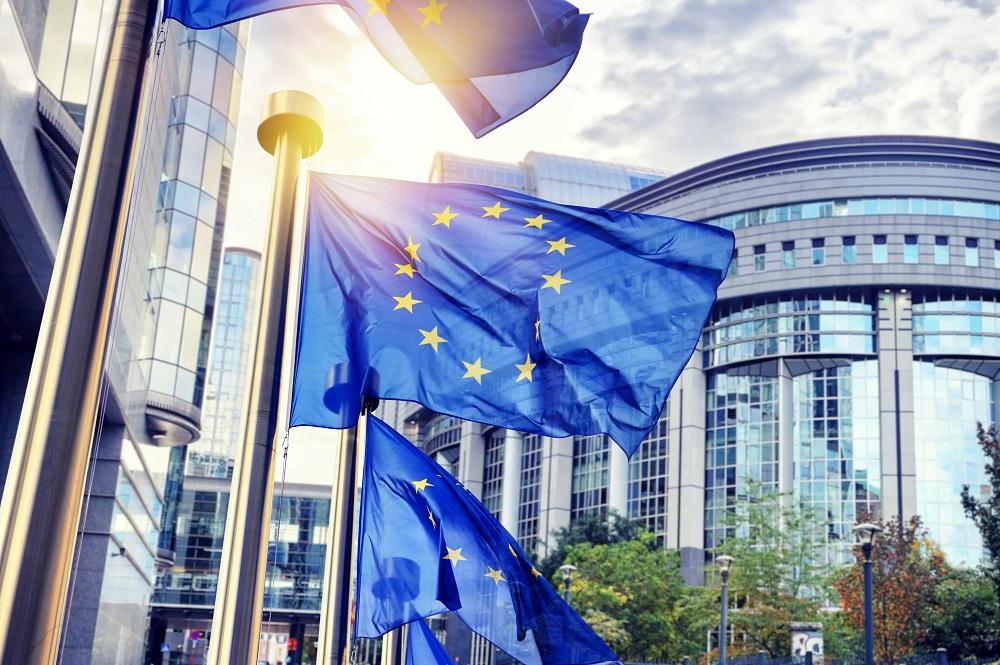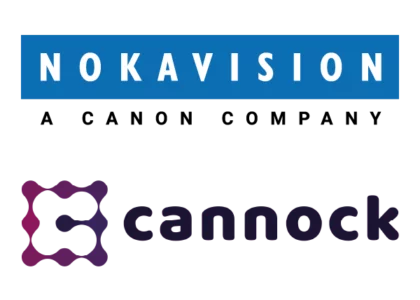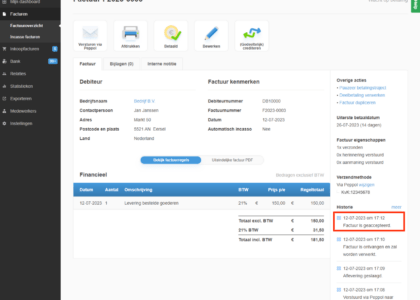The European Commission made a number of proposals on 8 December 2022, to streamline and modernise the way VAT is declared on purchases and sales of goods and services in Europe. This European Commission proposal is called “VAT in the Digital Age“. The aim of the proposed measures is to reduce VAT fraud in the EU.
The proposal has three parts:
a) Real-time reporting
Intra-Community supplies must now be reported in real time by the supplier and by the customer to the tax authorities of the relevant Member State. Real-time reporting is achieved using e-invoicing. Furthermore, existing European digital reporting systems are being harmonised so that there is one system within Europe. Finally, this paves the way for member states to deploy real-time reporting under the same system for domestic invoicing.
(b) VAT rules for the ‘platform economy’
New rules and clarifications for platforms, such as Airbnb and Uber on VAT clearing, creating a level playing field with traditional parties.
(c) Simplifications for businesses selling goods or services to consumers in other EU countries
Whereas simplifications in VAT returns were already implemented in 2021 for e-commerce businesses supplying within the EU, the EU has now implemented these simplifications for non-e-commerce businesses supplying to consumers within the EU. This eliminates the need for businesses to hold VAT identification numbers in multiple countries.
Point a in particular has potentially a lot of impact on how companies do business within Europe. And more importantly, in the long run, this will potentially result in countries being able to make e-invoicing mandatory for domestic invoicing.
A more detailed explanation of the parts of the proposal that coincide with developments within the Peppol network can be found in this article by the Dutch Peppol Authority.







